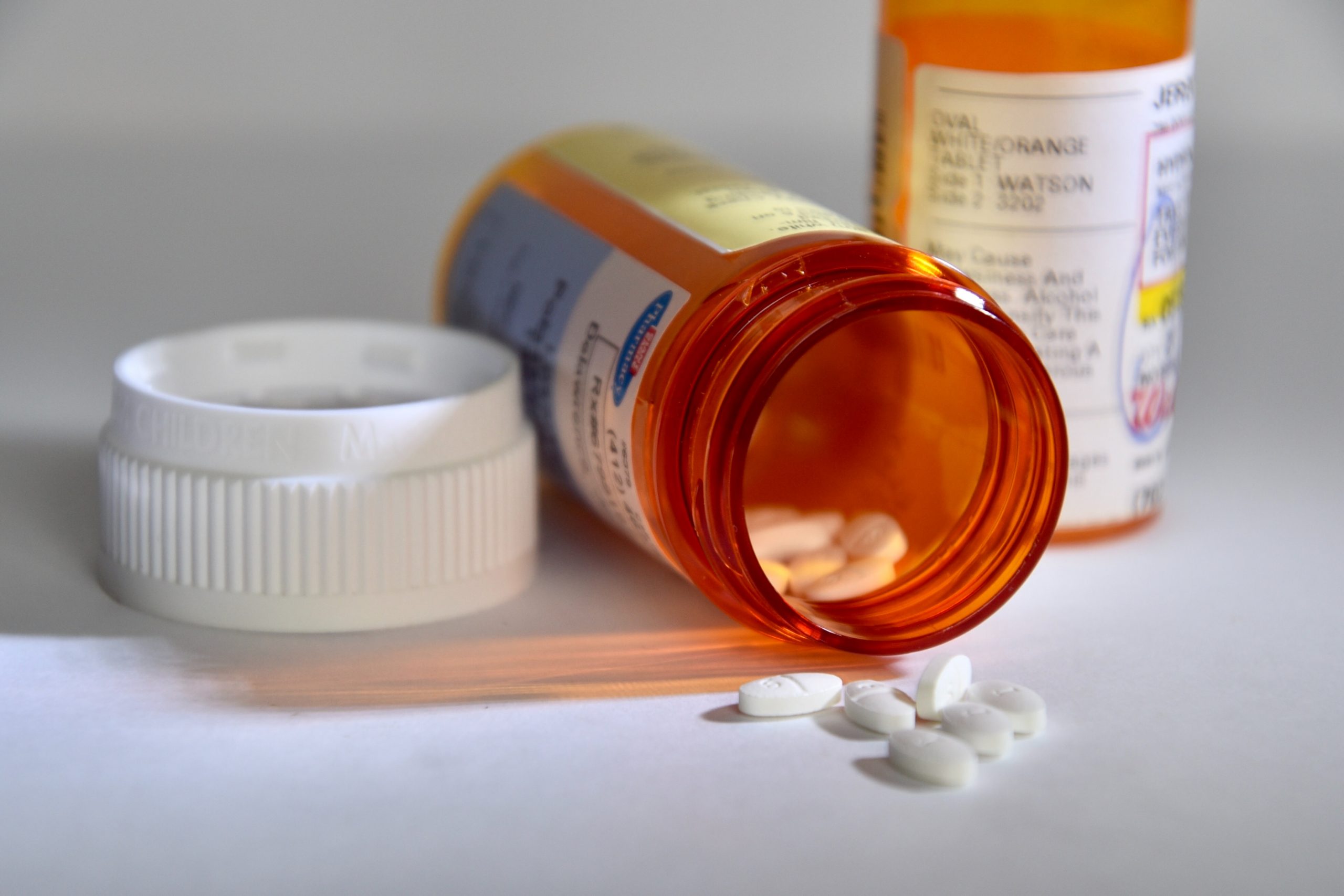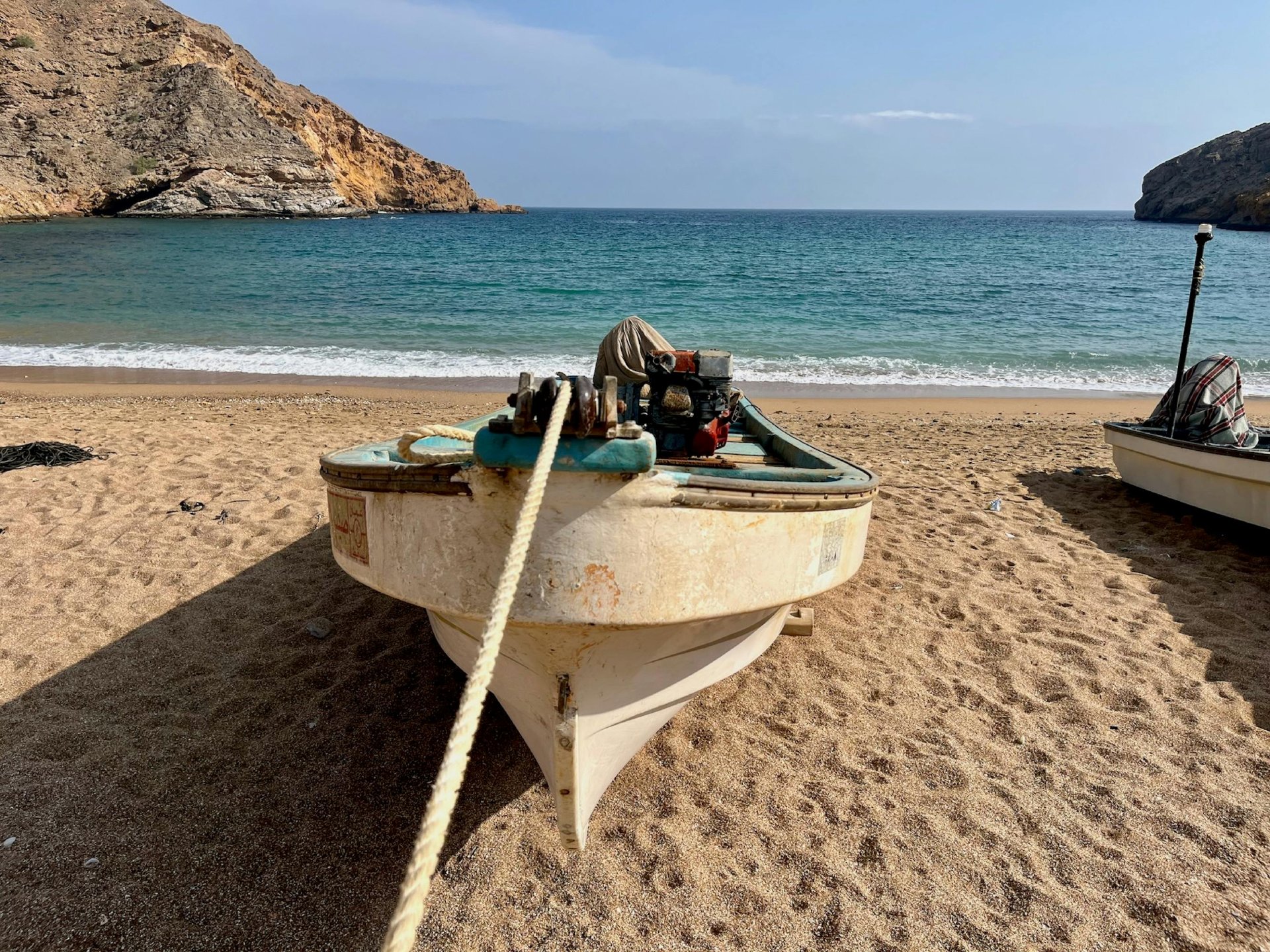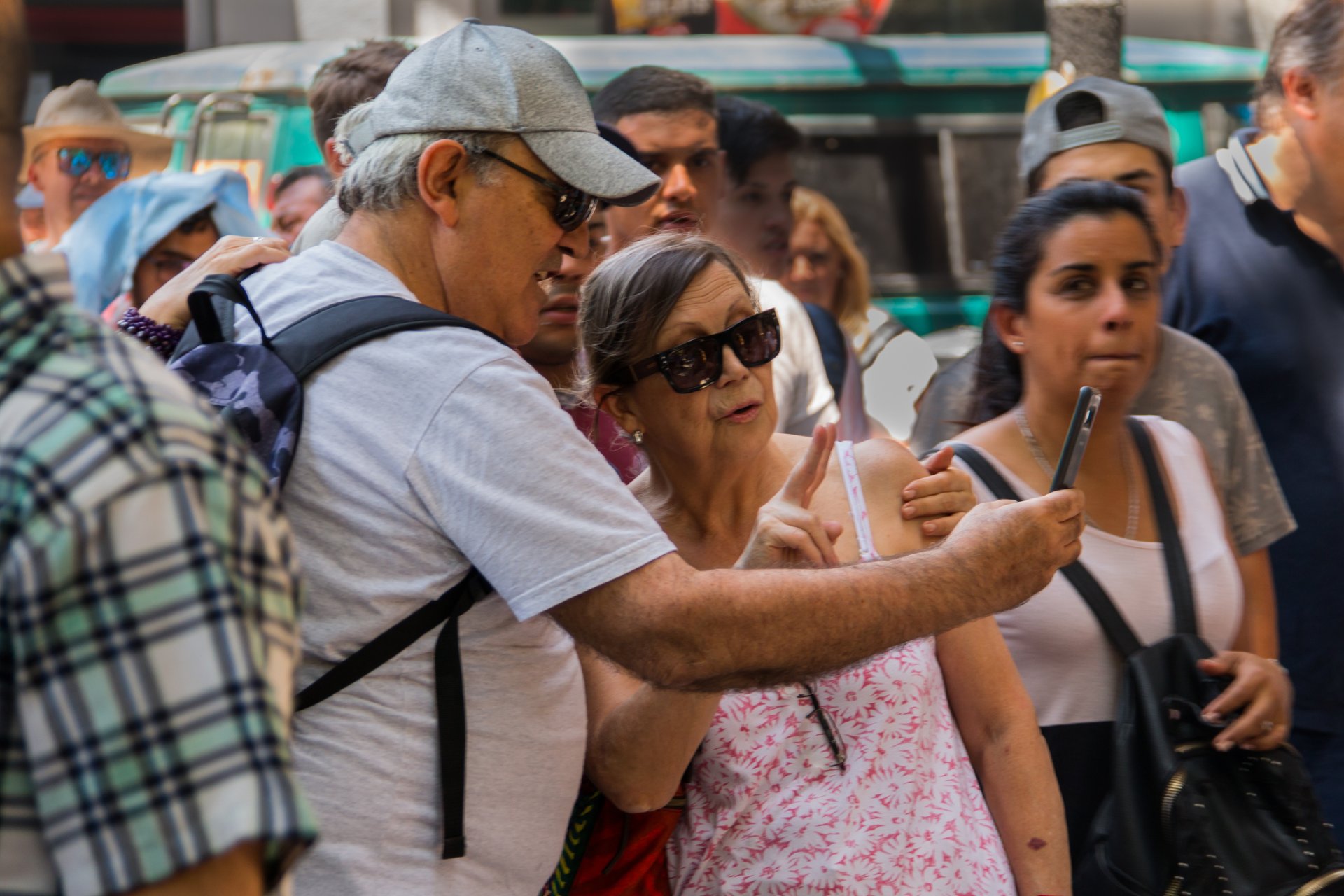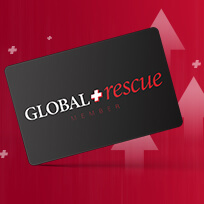A list of commonly used Over-The-Counter medicines in the U.S. that may not be readily available abroad, along with alternatives to consider when traveling internationally.
- Ibuprofen (Advil, Motrin) – Alternative: Paracetamol (Acetaminophen), known as Tylenol in the U.S., is widely available and can be a safe pain reliever.
- Naproxen (Aleve)- Alternative: Ibuprofen is a common alternative for pain relief.
- Diphenhydramine (Benadryl) – Alternative: Look for products containing cetirizine or loratadine, which are effective antihistamines for allergies.
- Loratadine (Claritin) – Alternative: Cetirizine (Zyrtec) is commonly available and serves a similar purpose.
- Omeprazole (Prilosec)- Alternative: Famotidine (Pepcid) is often available and can help with acid reflux and heartburn.
- Pseudoephedrine (Sudafed) – Alternative: Phenylephrine is frequently available and can relieve nasal congestion.
- Ranitidine (Zantac) – Alternative: Famotidine (Pepcid) or omeprazole (if available) can be considered for acid reduction.
- Bismuth subsalicylate (Pepto-Bismol) – Alternative: Loperamide (Imodium) is available for diarrhea but may not have the same protective properties for the stomach.
- Dextromethorphan (Robitussin DM)- Alternative: Look for cough syrups that contain guaifenesin or other local expectorants.
- Hydrocortisone Cream– Alternative: Look for other topical corticosteroids, though strengths may vary, so consult a pharmacist.
- Clotrimazole (Lotrimin)- Alternative: Other antifungal creams, like miconazole, may be available for athlete’s foot and other fungal infections.
- Loperamide (Imodium)- Alternative: Similar formulations may be available as local brands for treating diarrhea.
- Cimetidine (Tagamet)- Alternative: Famotidine (Pepcid) is often available as an alternative for heartburn relief.
- Eye Drops (Visine) – Alternative: Artificial tears or lubricating eye drops are commonly available. Allergy Eye Drops (e.g., Patanol)- Alternative: Look for ketotifen or other allergy eye drops available in the area.
- Melatonin– Alternative: Some countries might not have melatonin supplements, but herbal teas like chamomile or valerian root can aid sleep.
Tips for Finding Alternative OTC Medications While Abroad
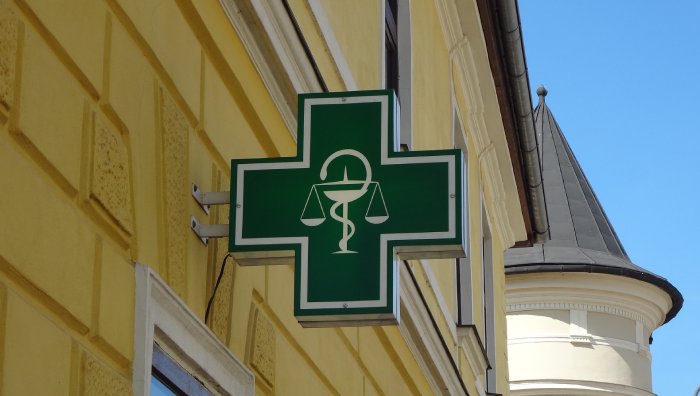
It’s a lot to remember.
Fortunately, medical advisory services included with every Global Rescue travel protection membership can help. Our operations centers are staffed by experienced nurses, paramedics and military special operations veterans who will keep you safe and prepared by locating a local physician or identifying where you can refill your prescription.
“Global Rescue’s medical operations team recently helped a member locate over-the-counter medication at a Tunisian pharmacy,” said Garret Dejong, senior specialist in medical operations at Global Rescue. “Another member studying abroad in London required a last-minute vaccine before starting the academic term. Global Rescue located a private physician who administered the vaccine, enabling the member to continue their studies.”
Other resources include:
- Local pharmacies: Visit local pharmacies, where pharmacists can recommend alternatives based on your symptoms. They may also provide international equivalents and advice.
- Consult with locals: If unsure, ask locals or hotel staff for suggestions on common medications used in their country.
- Research ahead of time: Before traveling, research what medications are available at your destination and look for their active ingredients.
- Bring a supply: If you need certain medications, consider bringing a sufficient supply from home.
- Know the brand names: Familiarize yourself with brand names and formulations available in your destination country to ease the search for alternatives.
“When you are ill and alone in a foreign country, finding yourself in need of medical care can be a daunting and stressful experience,” said Eliah English, a graduate student who became ill in Northern India. “Global Rescue alleviated all of my worries and provided the best possible support that one could ever ask for.”
Banned or Restricted Over There
When traveling internationally, it’s important to know that some over-the-counter (OTC) medications commonly used by Americans may be illegal or restricted in certain countries.
The two most commonly confiscated over-the-counter (OTC) medicines taken from Americans who are traveling internationally are:
- Pseudoephedrine, the common decongestant found in many cold and allergy medications like Chlor-Trimeton Nasal Decongestant, Contac 12-Hour, Dimetapp Decongestant and Sudafed.
- Dextromethorphan, the common cough suppressant and cold medicine found in many OTC medications like Alka Seltzer Plus, Dimetapp, Mucinex DM, Pediacare, Robitussin, Theraflu, Triaminic, Vicks DayQuil, Vicks Formula 44 and more.
List of Most Common OTC Medications in the U.S. That May Be Illegal Abroad
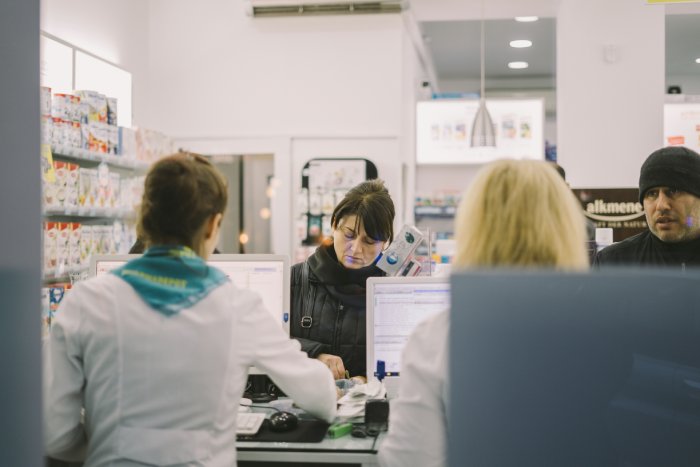
Below is a list of common OTC medicines used in the U.S., along with the countries where they may be illegal or heavily regulated.
- Pseudoephedrine (Sudafed) is restricted or illegal in a few countries. In Australia, pseudoephedrine is available only with a prescription in some states and is closely monitored. In, the U.K., use requires a prescription for higher doses and is limited in quantity when sold OTC. In Japan, it is prohibited, and travelers are advised not to bring it into the country.
- Diphenhydramine (Benadryl) is not permitted in Japan and can be confiscated at customs. In Singapore, some formulations containing diphenhydramine are restricted. In the UAE it is classified as a controlled substance and possession may lead to legal issues.
- Codeine-based medications are now available in Australia and New Zealand, but only by prescription. It is illegal in Japan and travelers should not bring it. In the U.K. it is available but subject to strict regulations.
- Dextromethorphan (Robitussin DM) is regulated in New Zealand and may require a prescription. It is not permitted in Japan and can lead to confiscation at customs.
- Bismuth subsalicylate (Pepto-Bismol) is not available in Japan. Australia may require a prescription in certain formulations.
- Ranitidine (Zantac) has been withdrawn from the market due to safety concerns in the European Union and Canada.
- Loperamide (Imodium) is generally available in Australia and New Zealand but may have restrictions on dosage.
- Melatonin is available only by prescription in Australia for certain age groups. In New Zealand, over-the-counter sales are generally not permitted. In Japan, it is illegal and can lead to confiscation at customs.
- Cimetidine (Tagamet) is available in Japan but certain formulations may be restricted.
- Aspirin is not illegal in Iran but its availability may be limited.
OTC Medications and Traveler Mistakes
Trip takers consistently list “forgetting to pack prescription and over-the-counter medicine” as one of the top 10 travel mistakes, according to the Global Rescue Traveler Sentiment and Safety Survey. The survey found that 9% of travelers have forgotten to pack prescription medicines before a trip despite being one of the last items we pack, and one of the most important.
While many OTC medications are easily accessible in the United States, travelers should do their homework to understand the legal status of these drugs in their destination countries. Carrying a supply of necessary medications, consulting with Global Rescue’s medical operations team or a healthcare provider or looking for local equivalents can help ensure a smooth travel experience. Even if a medicine is legal, travelers should always keep it in the original container and have a copy of a prescription.
Be aware that customs agents may confiscate any medications that are not allowed, even if you have a prescription from a doctor, especially if the medication is not legally recognized in that country.

